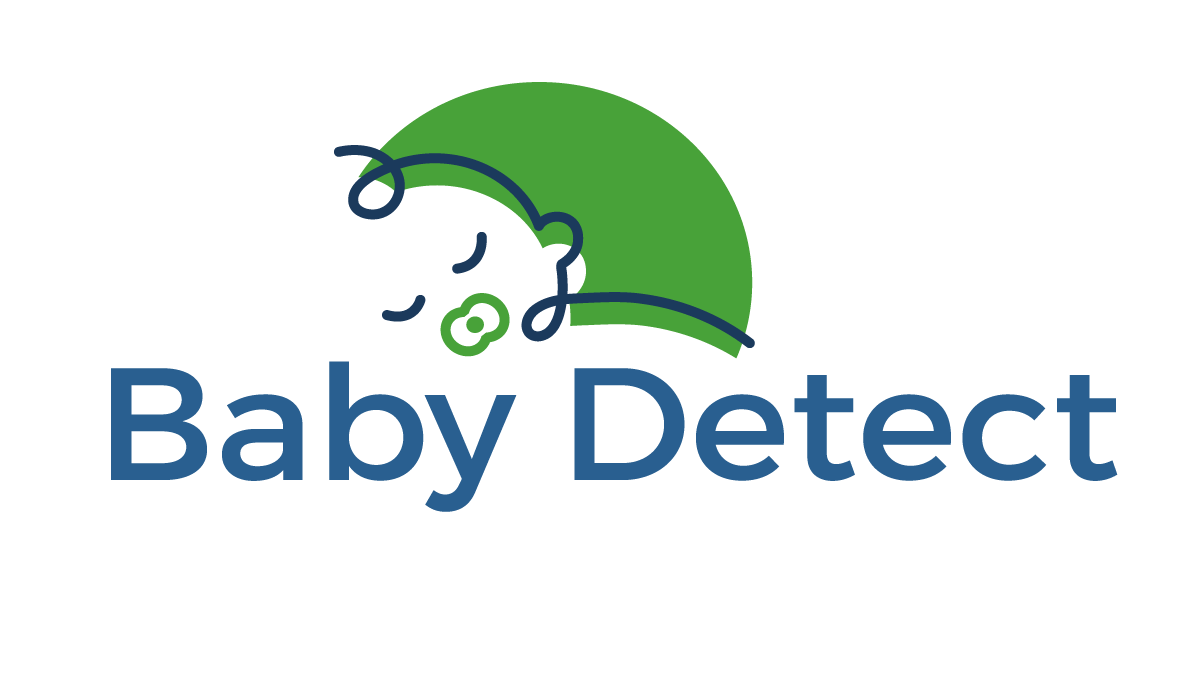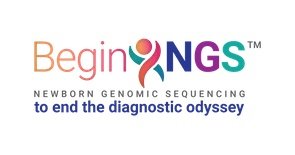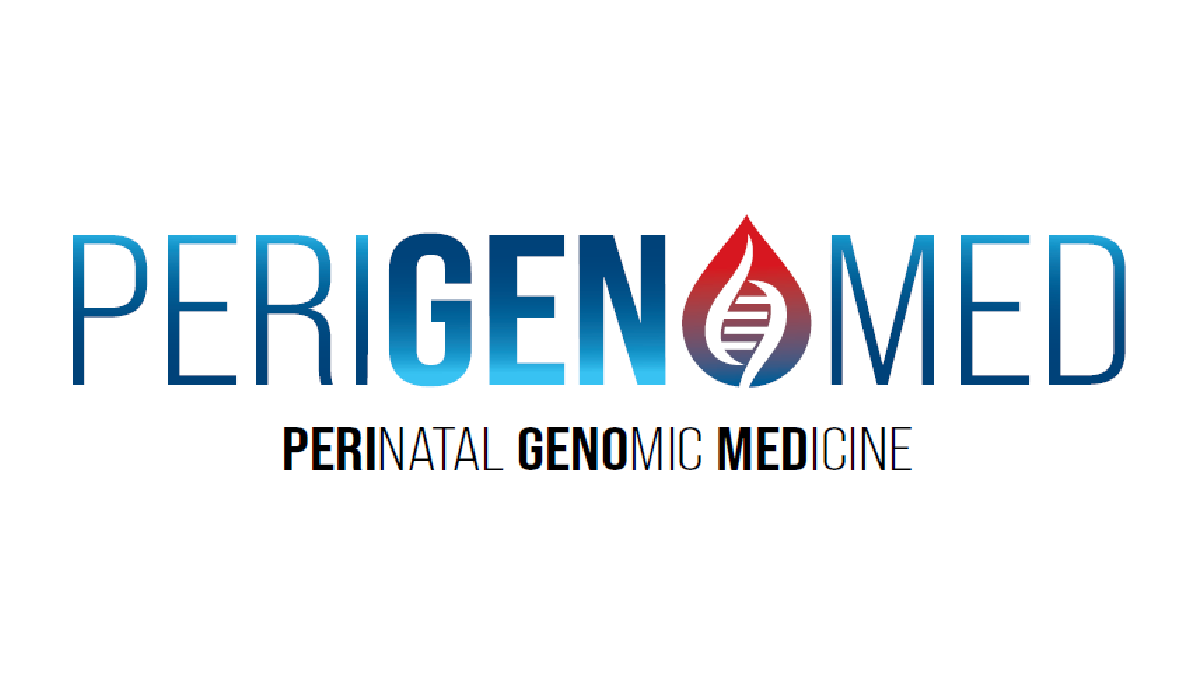
The FirstSteps initiative is a newborn genome screening program in Greece. It aims to establish universal newborn genome screening (NGS) as the standard of care within five years. Additionally, it aims to establish Greece as a hub for drug development and discovery in rare diseases.
The Phase I clinical trial, sponsored by Greece's National Organization of Public Health (EODY), is currently underway at three leading academic medical institutions across Greece. The trial will involve whole genome sequencing of up to 1,000 newborns, with an analysis of 385 genes covering over 500 genetic diseases where early-life interventions are available.

NEW_LIVES
NEW_LIVES is an interdisciplinary research group, funded by Germany's Federal Ministry of Education and Research, that unites researches from the fields of medical ethics, law, medical psychology, human genetics, and pediatrics at the Universities of Heidelberg and Mannheim. Its overarching task is the development of normative guidelines for the implementation of a genomic newborn screening program in Germany, with a focus on issues such as defining selection criteria for target diseases, determining the requirements of family genetic counseling and informed consent, and assessing the ethical-legal framework for the secondary use of patient data in research and related data protection needs. As part of this work, we are undertaking a clinical implementation study aimed at defining and testing a scalable workflow for a future screening program.

BabySeq
The BabySeq Project led by Robert Green at Brigham and Women’s Hospital, the Broad Institute and Harvard Medical School was the first randomized clinical trial designed to measure the medical, behavioral and economic outcomes of using comprehensive genomic sequencing in newborns.
Recruitment Goal: 500
is Funded: Yes
IRB Approved: Yes
Currently Enrolling: Yes




Beginings
BeginNGS, a consortium spearheaded by Stephen Kingsmore at Rady Children’s Institute for Genomic Medicine (RCIGM) in collaboration with Alexion Pharmaceuticals, Travere Therapeutics, Inozyme Pharma, Fabric Genomics, Genomenon, Illumina, and TileDB, wants to provide a platform for implementing whole-genome sequencing for newborn screening, disease management and interventions, and rare disease drug development for use by partners around the world.

Genomics England
Genomics England is in the midst of planning a genomic newborn screening study that will launch next year. Its goal is to enroll more than 100,000 newborns per year in order to find about 500 children with childhood-onset, actionable conditions annually.

Early Check
The Early Check study in North Carolina, led by Don Bailey at RTI International, aims to analyze the genomes of 10,000 newborns for an initial 200 childhood-onset, monogenic conditions, study the uptake among parents, implement short-term follow-up procedures, and follow children who test positive and their caregivers for 12 months.

PERIGENOMED
Screen4Care, coordinated by Alessandra Ferlini and Nicolas Garnier, is a private-public partnership funded by the European Union, the pharmaceutical industry, and academic institutions plans to generate targeted or whole-genome sequencing data for at least 18,000 infants and look for treatable as well as otherwise actionable diseases.

The GUARDIAN Project
The GUARDIAN project (Genomic Uniform-screening Against Rare Diseases in All Newborns), led by Wendy Chung at Columbia University Irving Medical Center in partnership with New York-Presbyterian, the New York Department of Health, Sema4’s GeneDx, and Illumina, hopes to enroll 100,000 newborns over the next four years.

Melbourne Genomics
Researchers at the Murdoch Children’s Research Institute in Melbourne and their colleagues are preparing to launch a new project called Baby Beyond, led by Lilian Downie, that plans to enroll 1,000 newborns for whole-genome sequencing.

Screen4Care
Screen4Care, coordinated by Alessandra Ferlini and Nicolas Garnier, is a private-public partnership funded by the European Union, the pharmaceutical industry, and academic institutions plans to generate targeted or whole-genome sequencing data for at least 18,000 infants and look for treatable as well as otherwise actionable diseases.

